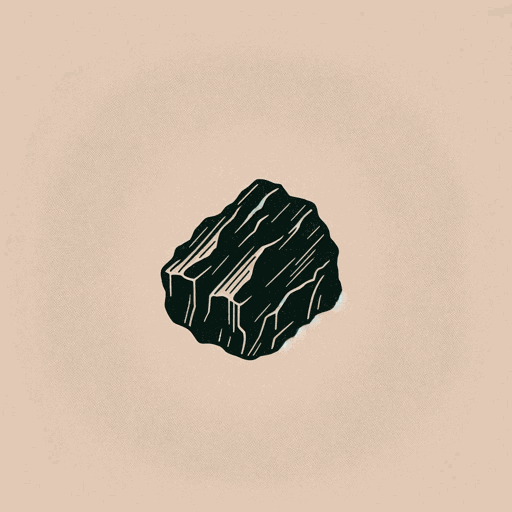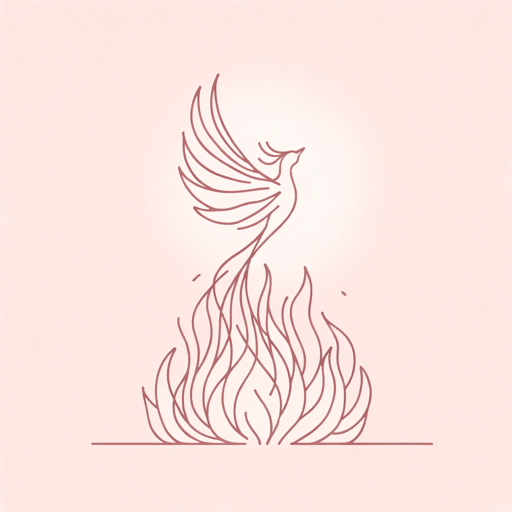17 pages • 34 minutes read
Audre LordeCoal
Fiction | Poem | Adult | Published in 1976A modern alternative to SparkNotes and CliffsNotes, SuperSummary offers high-quality Study Guides with detailed chapter summaries and analysis of major themes, characters, and more.
Background
Literary Context
Audre Lorde was a notable figure in the Black and lesbian poetry communities of the 1960s and 1970s. Lorde worked to create a space for Black women in the mostly white feminist movement of her time. Her poetry, like that of the people in her communities, pushed back against the idea of the universal experience that was included in the modernist poetry ideal. The personal is considered political by Lorde and her contemporaries.
Lorde generally wrote in free verse and emphasized concision, or brevity (using few words). She believed that poetry’s concision makes it accessible to marginalized individuals and is well-suited to represent their personal experiences. According to Lorde, “of all the art forms, poetry is the most economical. It is…the one which can be done between shifts, in the hospital pantry, on the subway, and on scraps of surplus paper” (The Princeton Encyclopedia of Poetry and Poetics. Princeton University Press, 2012, p. 294). Lorde interacted with poetry in a pre-internet era, consuming and producing it in physical media. Her fascination with scraps of paper can also be seen in the paper wager simile in “Coal.”
Related Titles
By Audre Lorde





